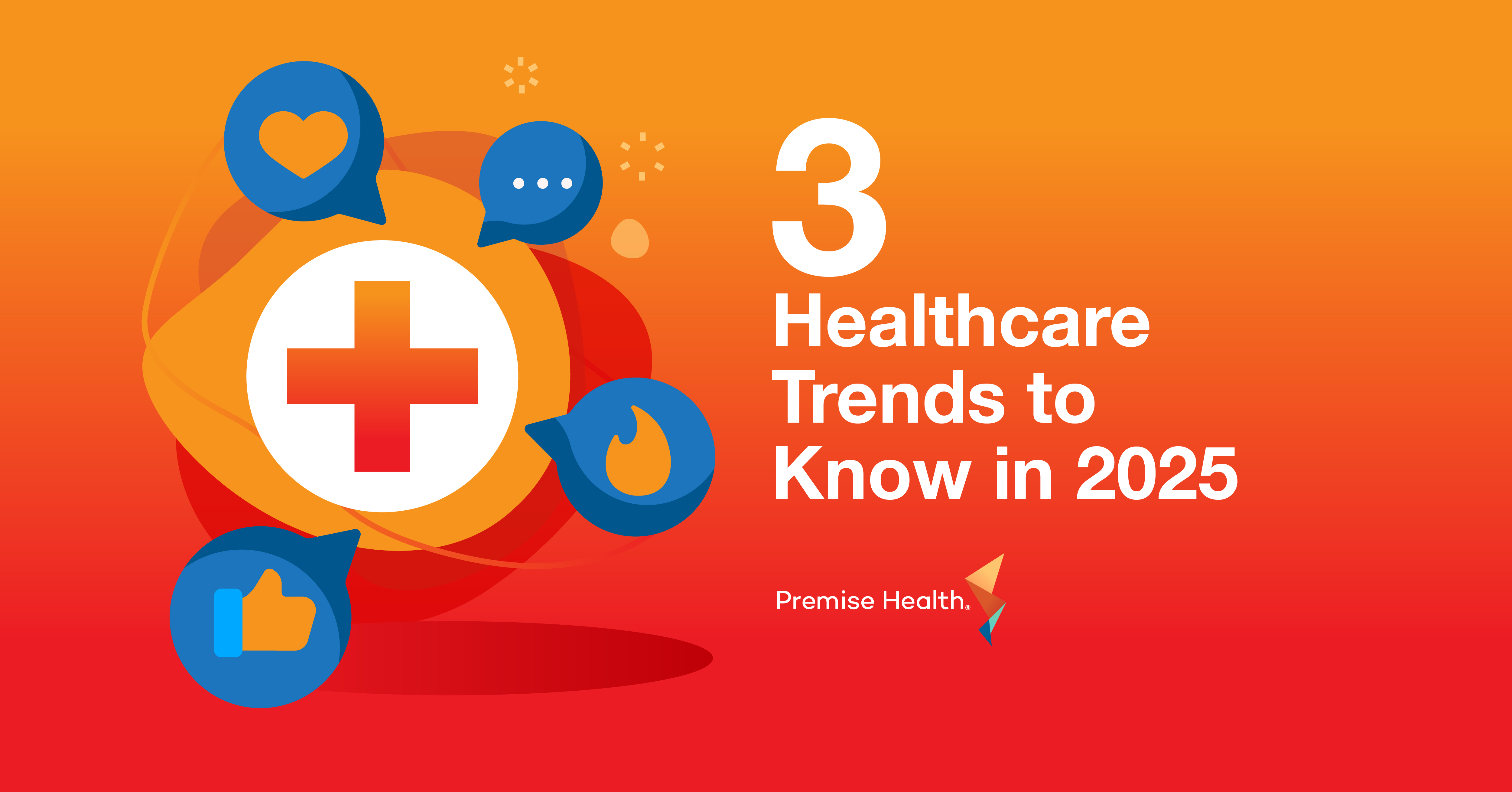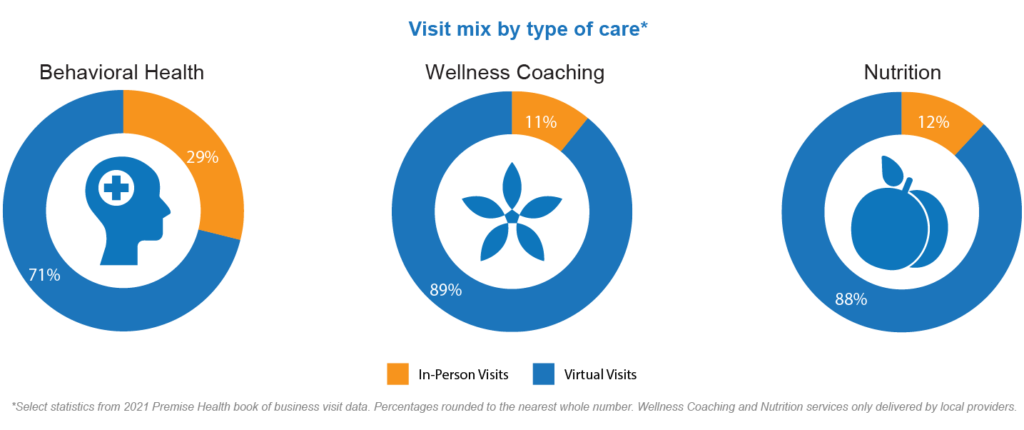Five Ways Digital Healthcare is Evolving in 2022
Whether it’s crunch time at work or the week before family vacation, taking time to make the trek to the doctor’s office or meet up with your therapist can feel like a lot of work at times. It’s no wonder that more and more people every year are turning to digital care to tackle their day-to-day health needs with the devices in their pockets.
At Premise Health we’ve seen this play out firsthand. From April 2020 to April 2021, virtual visits increased by 555%, with lots of variability in how members choose to access care digitally and in-person. The question is, what have we learned from this evolution in care delivery? Keep reading for the insights we’ve uncovered.
1. Employers are making access to virtual healthcare a top priority in 2022
Premise polled 270 of its employer clients to learn how they are rethinking their approach to employee healthcare. When asked to identify top priorities for their organization in 2021 and 2022, almost all answers could be attributed to the impact of the COVID-19 pandemic and nearly 75% of employer clients said providing on-demand, virtual healthcare options would be critical.
Virtual healthcare isn’t going away.
2. Behavioral health, wellness coaching, and nutrition are the top digital-first specialties
Certain care specialties naturally have fewer limitations in a digital setting, making the transition to a virtual experience seamless for patients. In a digitally driven world, if a health service can easily be offered virtually, it’s often the preferred method for patients by a wide margin.
Meanwhile employers are increasingly investing in services that will keep employees healthy, happy, and engaged in a tumultuous labor market. By implementing services like virtual wellness coaching, nutrition classes, and behavioral health counseling, companies are going above and beyond to retain and recruit top talent with benefits that will enrich their lives outside the office too.
3. The next generation of healthcare is more personal, intelligent, and connected than traditional telehealth
Traditional telehealth – repeating your medical history ad nauseum to different doctors over the phone – is a thing of the past. A 2019 study by Mercer shows that even before the COVID-19 pandemic, workers found the most value in patient-centered digital solutions, care navigation apps, centralized medical records for individual and family use, and telemedicine for simple health issues.
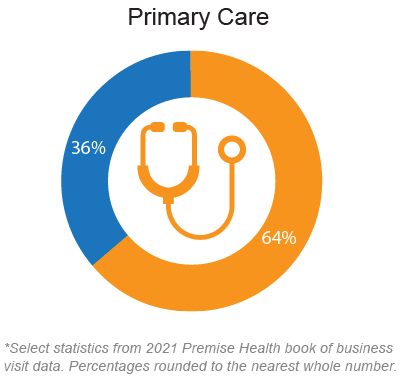
The next generation of digital healthcare connects the dots between mental, physical, and spiritual health. It takes social determinants of health and medical history into consideration as familiar providers collaborate to deliver high-quality, technology-enabled care for the whole patient. And when providers can’t offer the kind of specialty care a patient needs, it facilitates concierge care navigation that helps the patient find the most affordable high-quality services to keep them moving on their health journey.
Most importantly, care is also integrated. That means that no matter how someone prefers to take their appointments – in-person or digitally – information is seamlessly shared and accessed on one unified system across all care teams.
4. Pharmacists take on a bigger role
Pharmacies are becoming more than a place to fill prescriptions. As primary care physician shortages grow, pharmacists are stepping in to fill the gap as one of the most accessible clinical experts in healthcare and a go-to for patient questions.
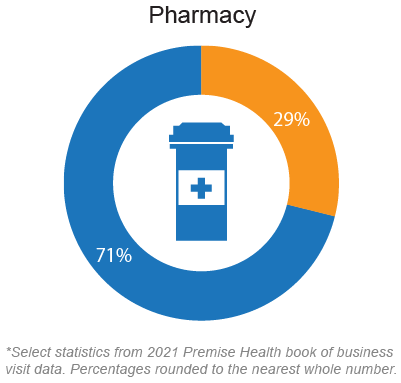
From prescription delivery and refills to treatment monitoring and chronic condition management, having access to local and virtual pharmacists creates a more personal and convenient experience for more people across the country. Pharmacists have the unique opportunity to improve medication adherence and develop relationships within communities, making them one of the most crucial clinical advocates that people can collaborate with from the comfort of their homes.
5. Dedicated virtual support can help people with chronic conditions lead more fulfilling lives – and save money
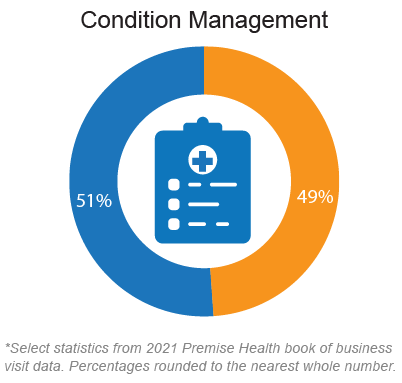
For patients with multiple health conditions, balancing their welfare and day-to-day activities can be overwhelming. Proactive chronic condition management delivered virtually or in-person from a dedicated care team gives people a direct line to trusted health experts in the most pivotal moments. These critical accountability partners deliver personalized treatment plans and the hands-on guidance patients need to feel empowered to make decisions that prioritize their wellbeing and reduce the need for costly surgeries and treatments.
As digital healthcare trends continue to evolve, it’s important to identify a partner that can deliver integrated healthcare solutions both digitally and in-person. Whether it’s at home, at work, or on vacation, convenient access to care when members need it is our number one priority, and Premise Health’s Digital Wellness Center makes that flexibility a reality.
Learn more about how to stay ahead of the curve – contact us and get started today.
Next on industry insights.

How to Futureproof Your Healthcare Benefits
Read the Blog
Why Partnering with an AAAHC Accredited Organization is a Win for Your Workforce
Read the Blog